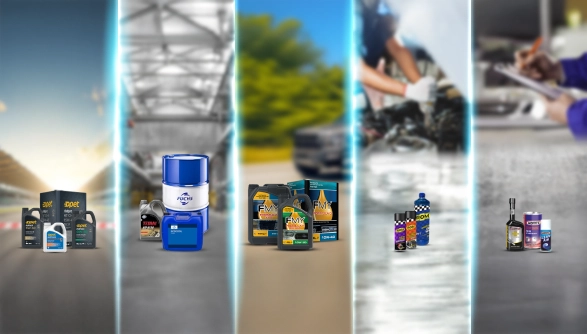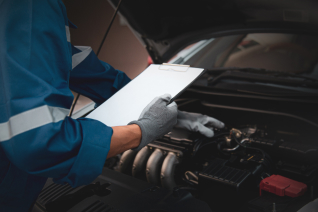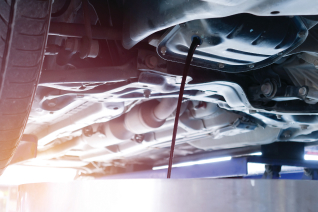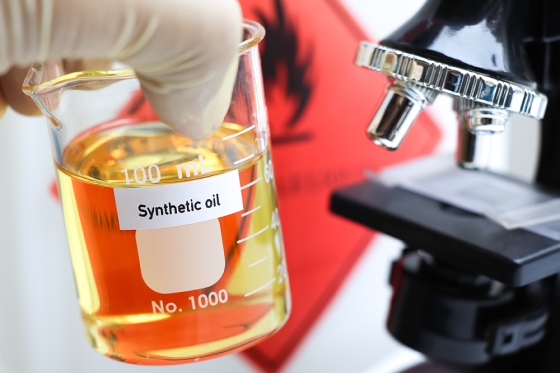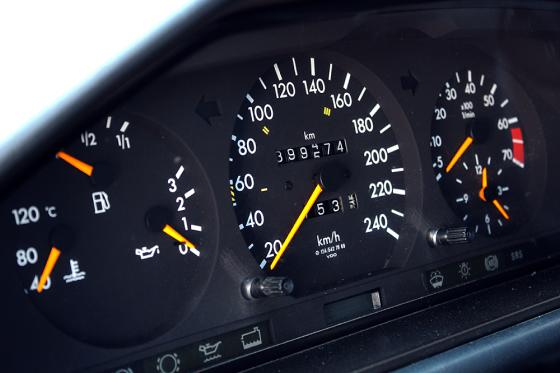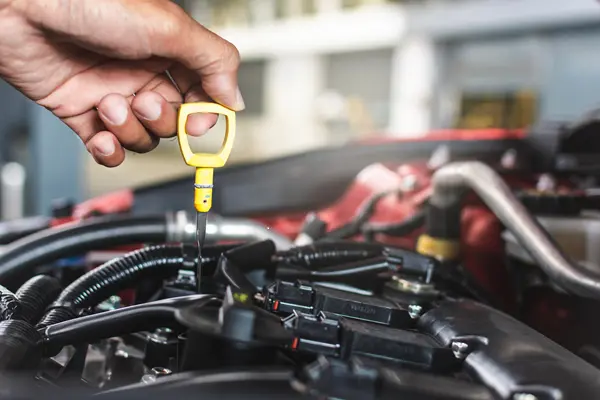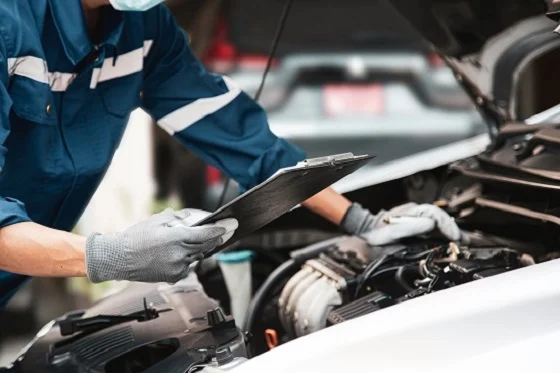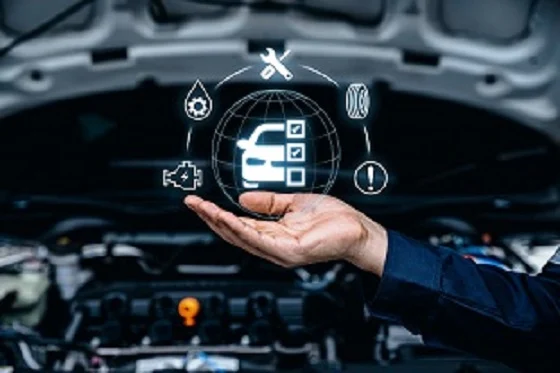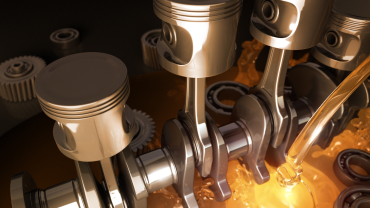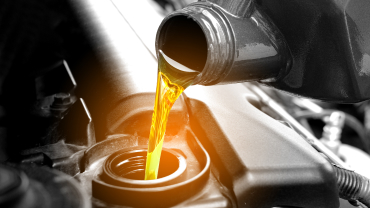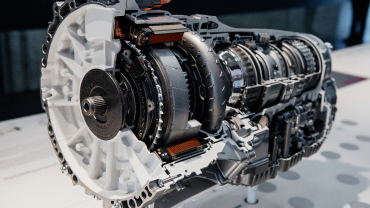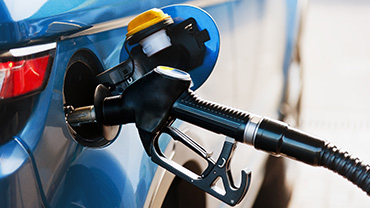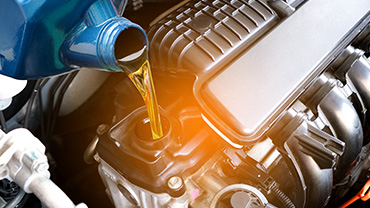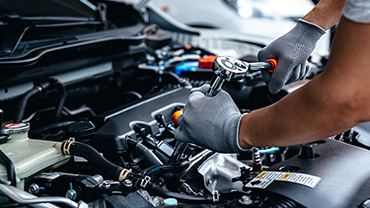What Do API & ACEA Standards for Engine Lubricant Mean?



Choosing the right engine lubricant is of utmost importance for the long lifespan and high performance of vehicle engines. However, technical terms and standards applicable when choosing engine lubricant may lead to confusion for drivers. Standards such as API and ACEA, which are frequently seen on engine lubricants, provide information on engine lubricant quality classification and performance requirements. In this article, we will examine thoroughly what API and ACEA standards mean to help you make the right choice from among the types of engine lubricants. We will also discuss the importance of choosing the right lubricant based on the requirements for gasoline engine lubricant and diesel engine lubricant.
API Standards in Engine Lubricants
API (American Petroleum Institute) is a classification system used to determine the performance and quality level of engine lubricants. The API classification specifies the eligibility of engine lubricants for both gasoline and diesel engines. The API standard is usually expressed in codes starting with the letters "S" and "C":
- S Series: Used for gasoline vehicle engine lubricant. For example, codes such as API SN or API SP indicate that the engine lubricant is compatible with gasoline engines.
- C Series: Used for diesel vehicle engine lubricant. For example, codes such as API CK-4 or API CJ-4 indicate that the engine lubricant is compatible with diesel engines.
The second letter in the API classification indicates the engine lubricant performance level. As you move alphabetically, you can understand that the lubricant is suitable for newer and more advanced engines. For example, API SP refers to a newer standard than API SN and has more advanced performance characteristics.
The API classification specifies how the engine lubricant will protect the engine against wear, oxidation, and sedimentation. Therefore, when choosing the right engine lubricant for your vehicle, you should pay attention to the API grade recommended by the manufacturer.
What is ACEA Standard?
ACEA (European Automobile Manufacturers' Association) is a standard that classifies engine lubricants according to the needs of the European automotive industry. While API standards provide a more general classification, ACEA contains more specific details and is intended to meet the requirements of vehicle manufacturers in Europe.
ACEA standards are divided into three main categories:
- Category A/B: Used for gasoline and light diesel vehicles. For example, ACEA A3/B4 refers to an engine lubricant suitable for high performance gasoline and diesel engines.
- Category C: Suitable for modern vehicles requiring low ash content. This category is particularly ideal for vehicles with diesel particulate filters. For example, ACEA C3 was developed for modern engines with low emissions.
- Category E: Used for heavy-duty diesel engines. Specially formulated for large vehicles such as trucks and buses.
ACEA standards measure engine lubricant viscosity, environmental impact, friction reduction capacity and overall engine protection performance. Especially for European vehicles, it is important to use engine lubricant compliant with ACEA standards.
The Relationship Between Types of Engine Lubricants and Standards
Basically, engine lubricants are divided into three main types:
- Mineral Engine Lubricants: Engine lubricants with basic properties derived from crude oil. A suitable option for older model vehicles.
- Semi-Synthetic Engine Lubricants: A mixture of mineral and synthetic lubricants. A mid-level performance and price balance.
- Fully Synthetic Engine Lubricants: High-performance engine lubricants produced in a laboratory environment. Ideal for modern vehicles.
API and ACEA standards provide guidance in determining the differences between the types of engine lubricants. For example, when choosing a fully synthetic engine lubricant, making sure it complies with both API and ACEA standards ensures optimum performance of your engine.
Selection Recommendations for Engine Lubricant Standards
When choosing the right engine lubricant, you should consider the following factors:
- Recommendations from Your Vehicle’s Manufacturer: Choose an engine lubricant that complies with API and ACEA standards recommended by the vehicle manufacturer.
- Conditions of Use: Fully synthetic engine lubricants offer better performance in harsh conditions or long-distance use.
- Climate Conditions: In cold climates, low viscosity lubricants allow easy ignition of the engine.
- Fuel Types: Depending on the fuel type of your vehicle, lubricants developed for gasoline or diesel vehicles should be preferred.
Engine lubricant selection is a key factor that directly affects the performance and lifespan of your vehicle. API and ACEA standards provide a critical guide to understanding the quality and performance requirements of engine lubricant. The types of engine lubricants offer different advantages depending on your vehicle's engine type and conditions of use.
When choosing between gasoline engine lubricant and diesel engine lubricant, you can ensure that your vehicle performs at its optimum by choosing a product that complies with the standards specified by the manufacturer. Please remember that choosing the right engine lubricant not only protects your engine, but also improves fuel economy and causes less damage to the environment. For answers to similar questions, please visit our website https://www.opetfuchs.com.tr/tr/sorularla-madeni-yaglar.


